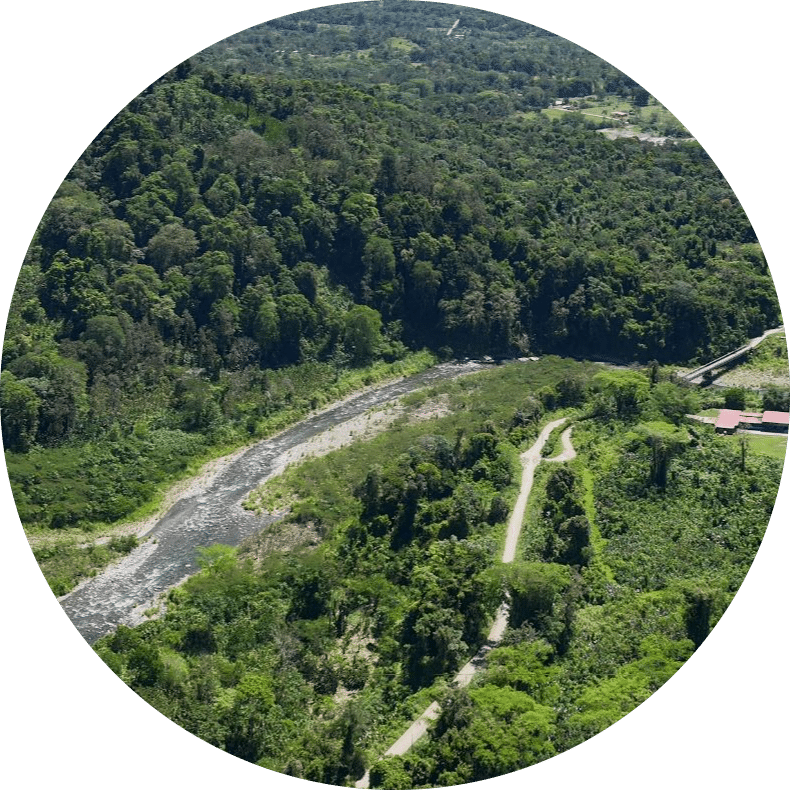Sustainability
Environmental
We contribute to SDGs 7 Affordable and clean energy; 12 Responsible
production and consumption; and 15 Living terrestrial ecosystems.

Affordable and clean energy
We invested $100,000 in the acquisition and installation of a photovoltaic solar system to cover the energy costs of the cooling containers for the fruits.
Production and responsible consumption
- We are Carbon Neutral, which guarantees that our net Greenhouse Gas (GHG) emissions released into the environment amount to zero thanks to reduction and compensation actions.
- We have the Global G.A.P. certification, a standard for Good Agricultural Practices (GAP) recognized by the Global Food Safety Initiative (GFSI).
- We are certified in the international standard for sustainable agriculture, Rainforest Alliance.
- We recycle 99% of the plastic used in our processes.
- We reduce plastic packaging size by up to 30% and reuse all boxes for packaging fresh fruit.
- We monitor plastic use with advanced tools and smart indicators and eliminate unnecessary plastics in the supply chain.
- If a material is non-recyclable, we replace it with sustainable alternatives aligned with the Green Deal standards.
- All plant waste generated in production is reincorporated into the field.

Responsible production and consumption
We achieved Carbon Neutrality in 2021, which guarantees that our net Greenhouse Gas (GHG) emissions released into the atmosphere are equivalent to zero thanks to our reduction and compensation actions, which in turn contribute to the National Decarbonization Plan and to the country’s goal of being an economy with zero net emissions by 2050.
We are certified Global G.A.P. , a standard for Good Agricultural Practices (GAP) recognized by the Global Food Safety Initiative (GFSI), which specifies safety requirements and traceability criteria; biodiversity protection; and worker health, safety and welfare.
We are certified in the international standard for sustainable agriculture, Rainforest Alliance , so that our customers have the certainty that our bananas are produced with methods that support the three pillars of sustainability: social, economic and environmental.
Terrestrial
ecosystems life
We preserve 240 hectares of primary forest for the protection of natural resources and terrestrial ecosystems
We implement sustainable and circular practices, which include recycling and the complete reuse of the plastic used (bags, rope and others), as well as proper water management in all of our production processes.
We compost the banana fruit and plant waste to convert it into organic fertilizer that is then applied to the plantations.
We have reduced the use of pesticides by 60% and we do not use herbicides; instead, we implement a system of vegetative soil cover
We prohibit hunting, fishing and captivity.
We maintain an updated inventory of flora and fauna to identify possible endangered species and take measures to protect biodiversity